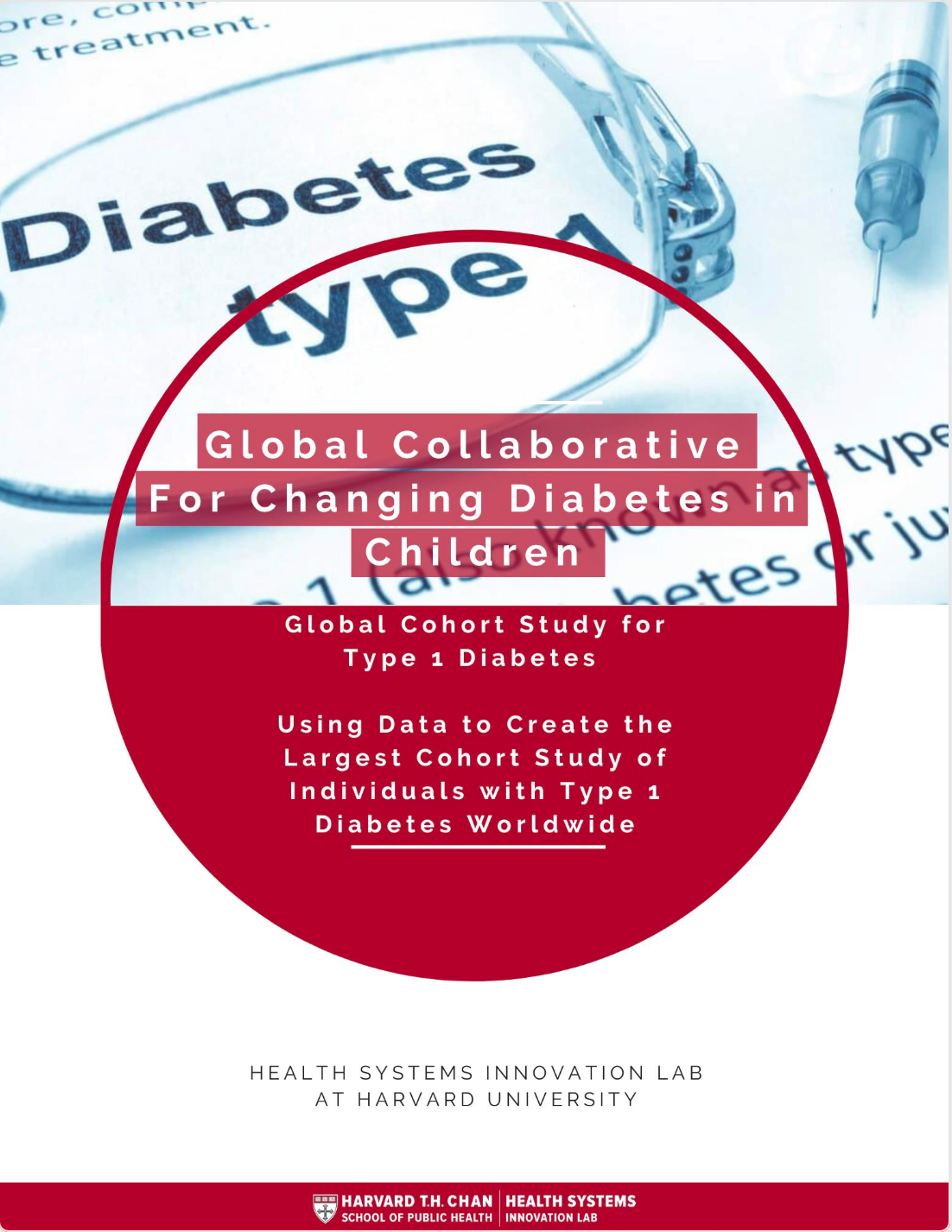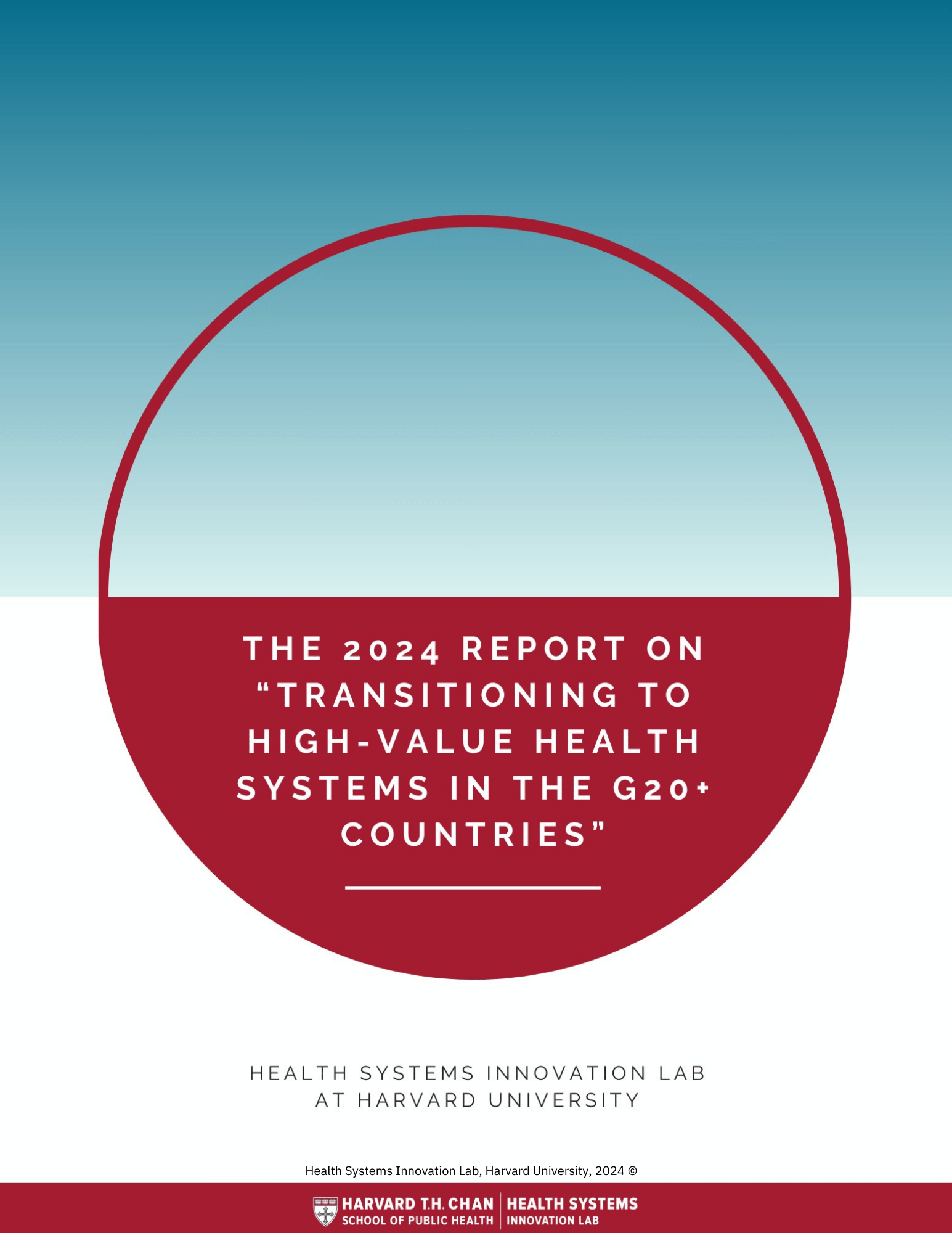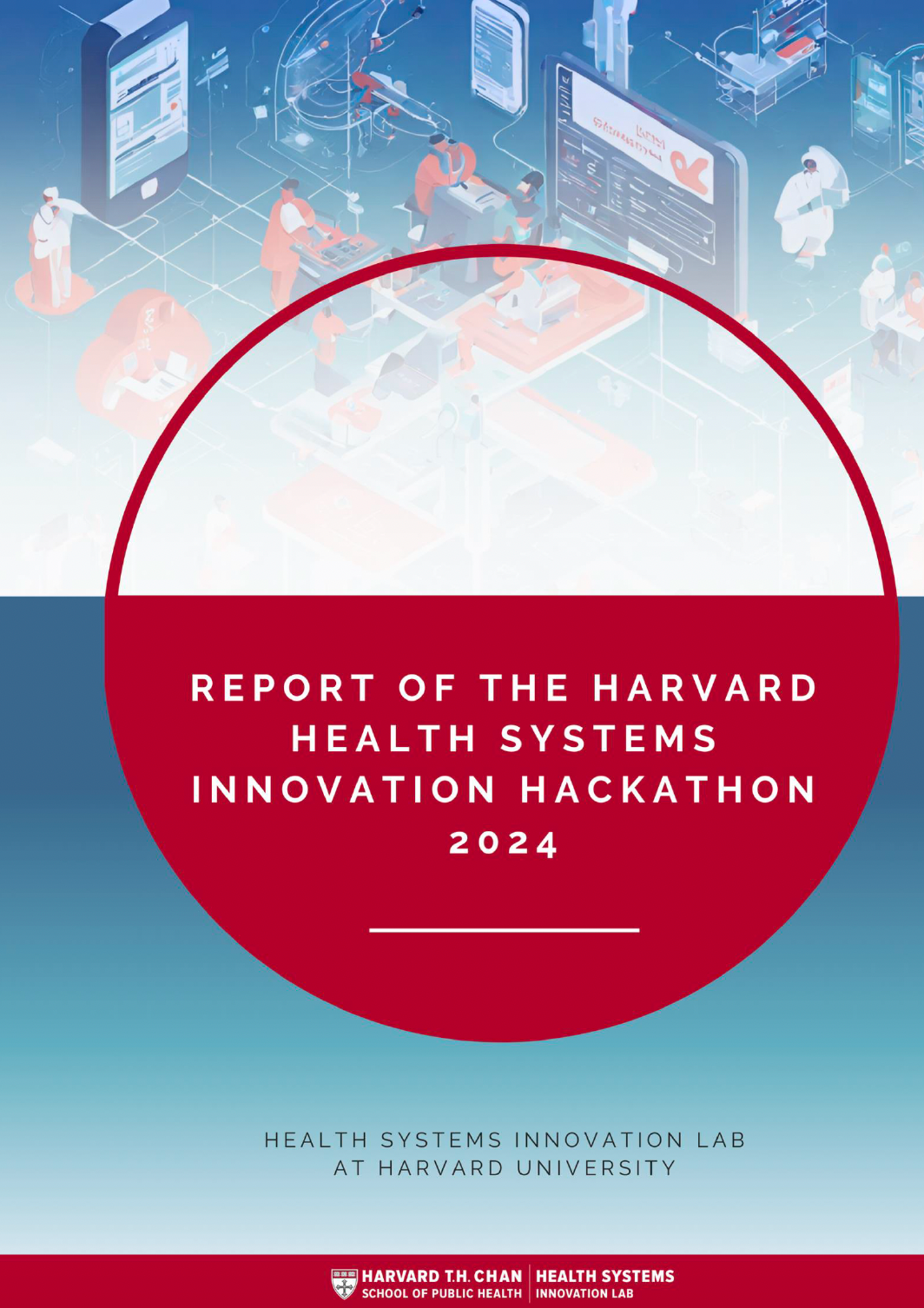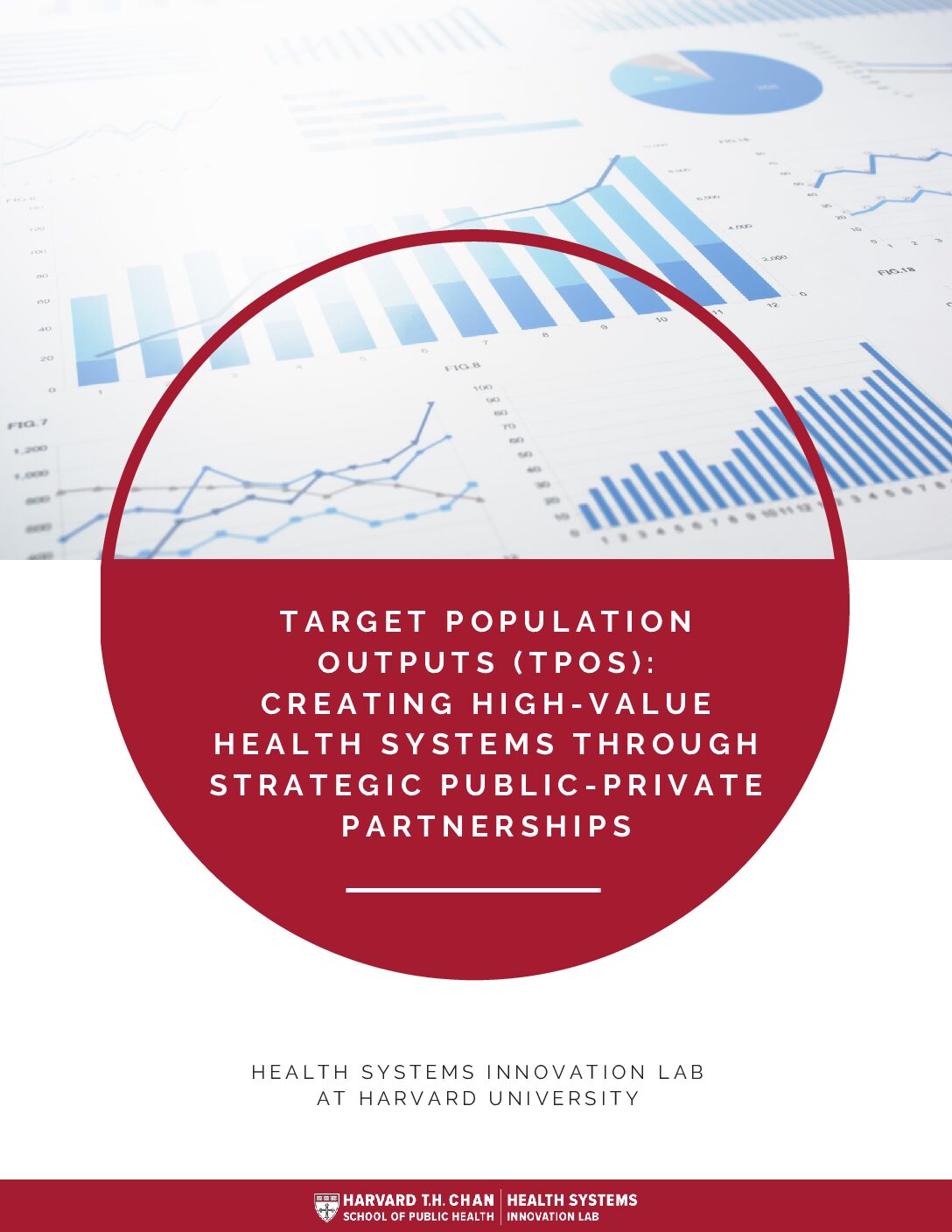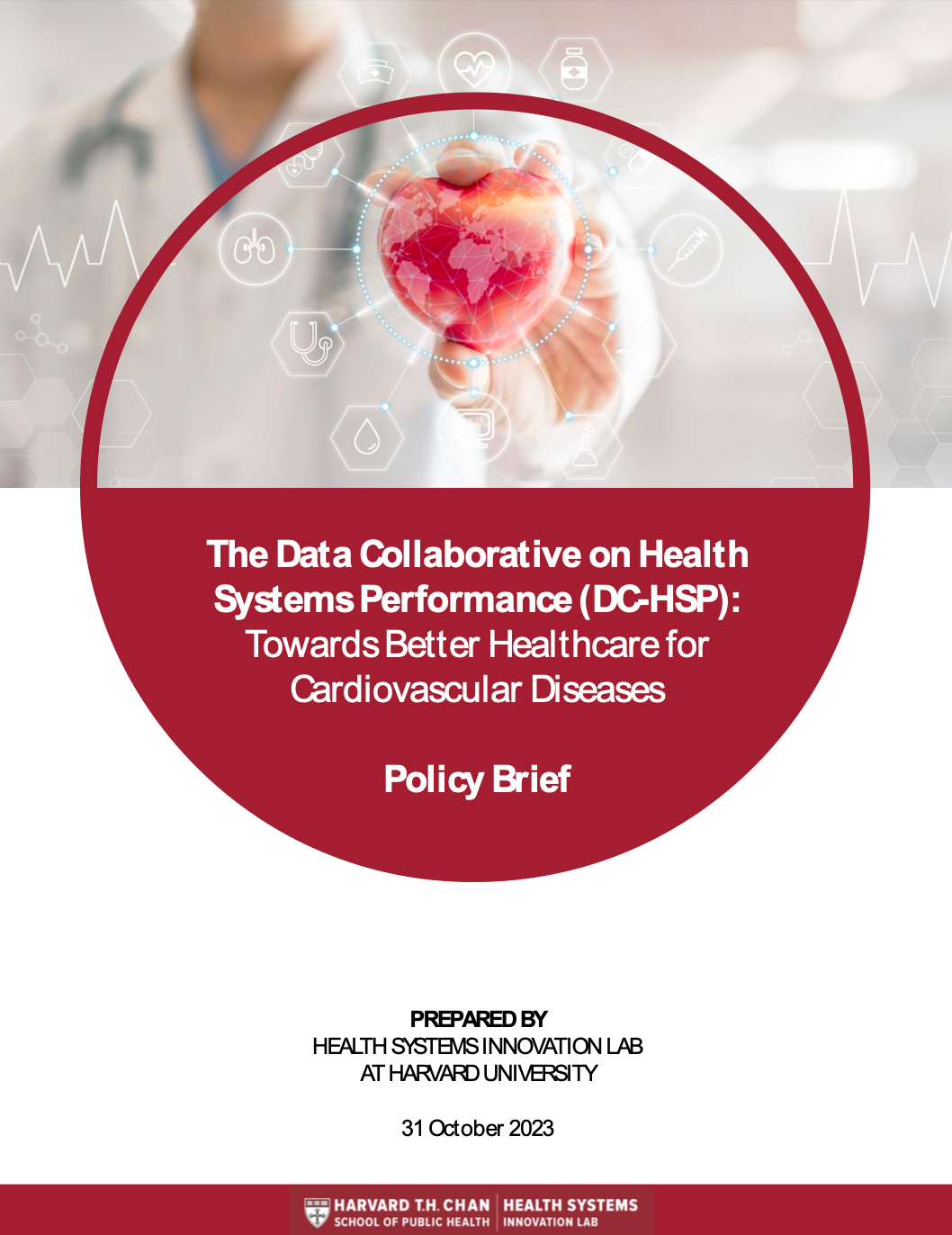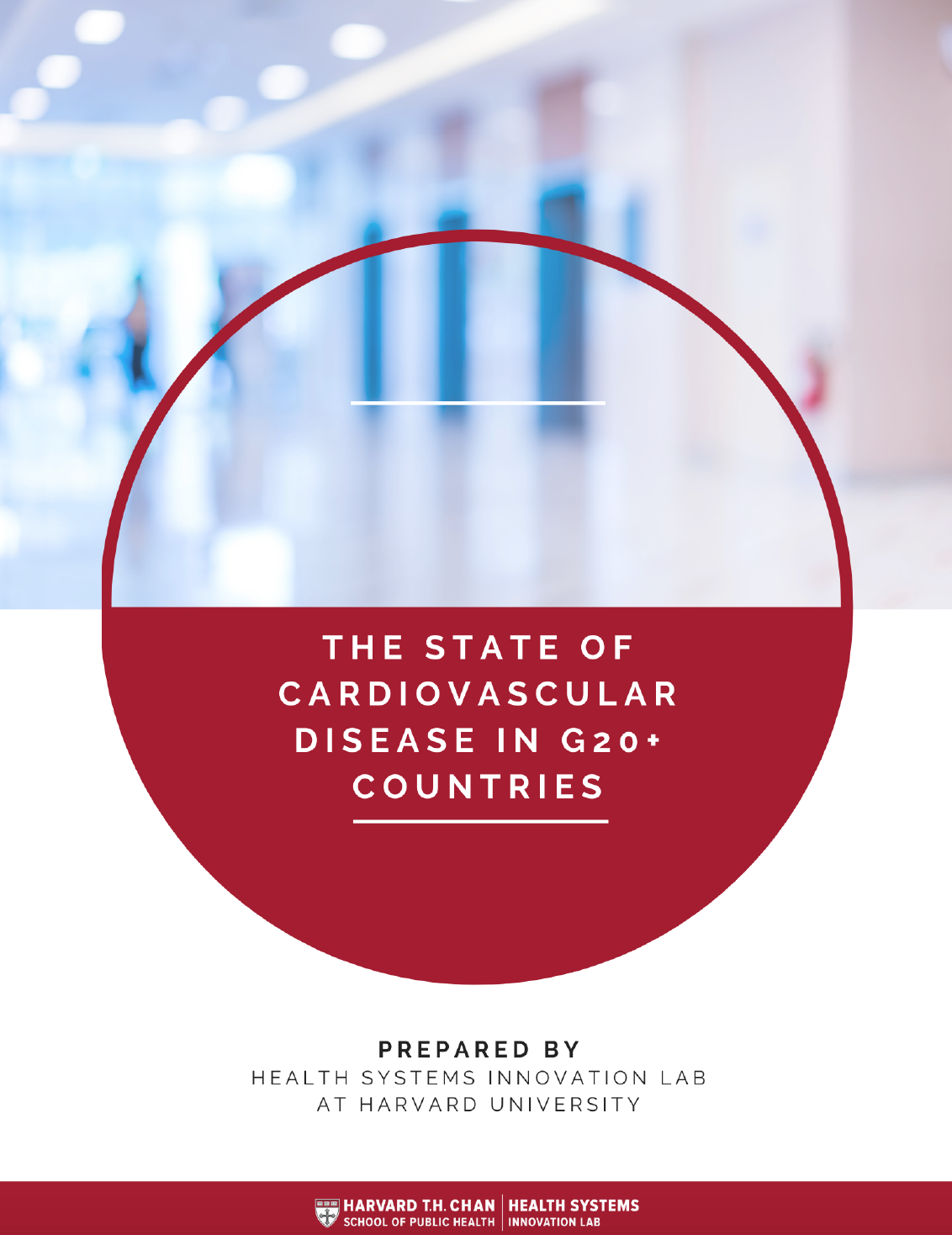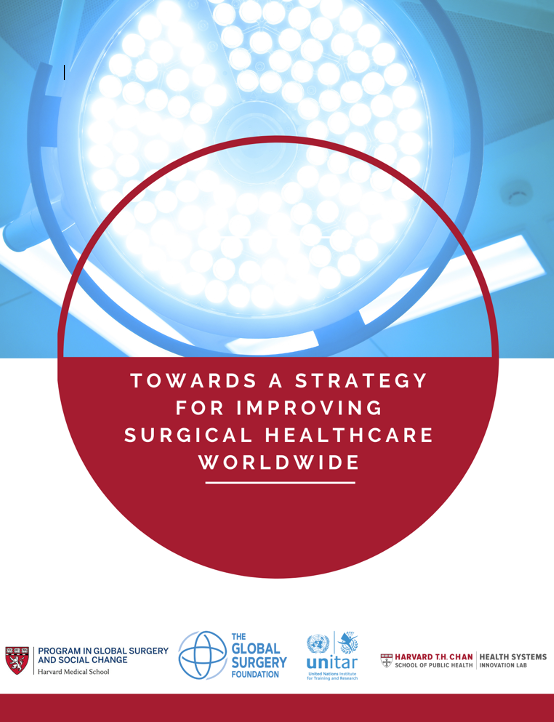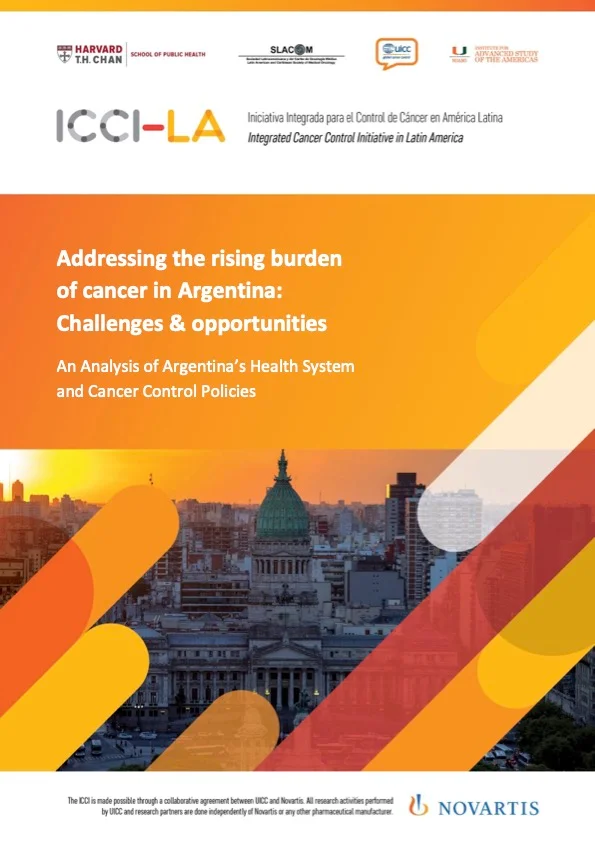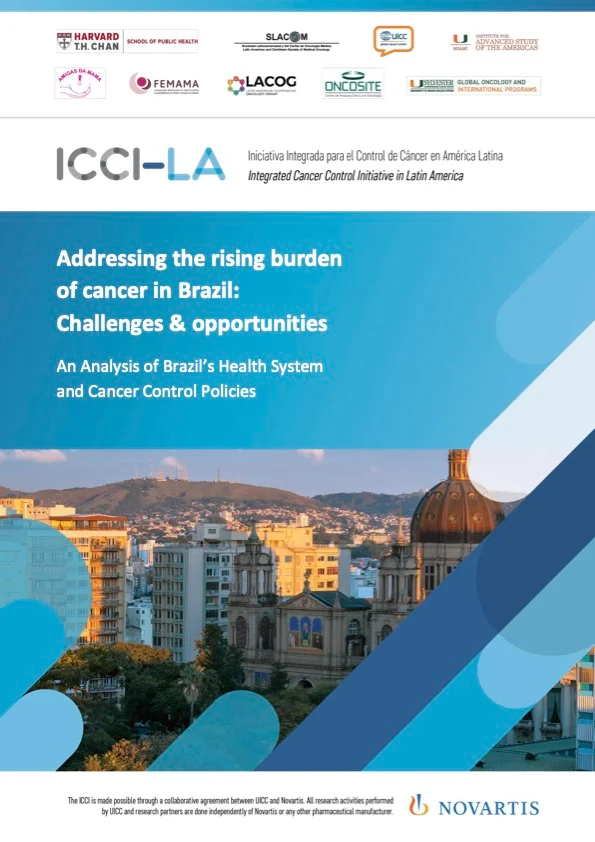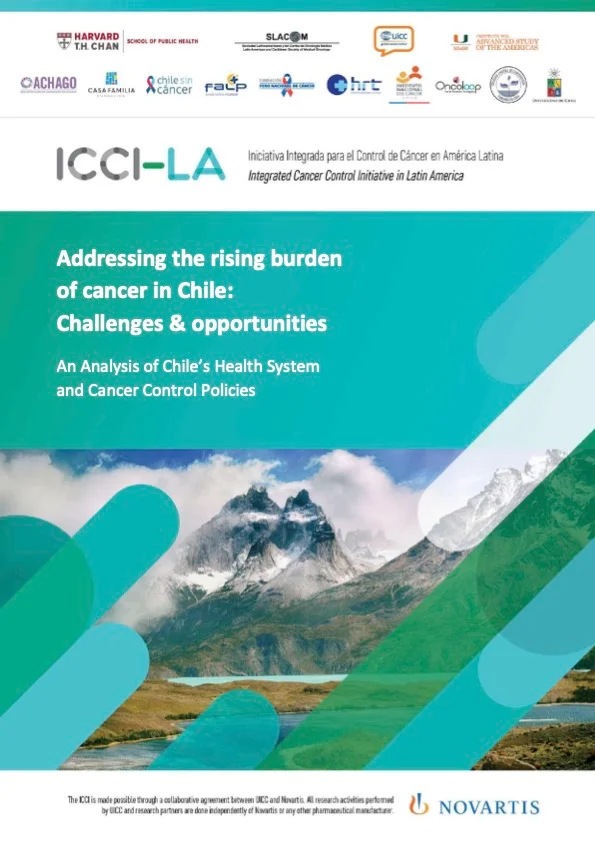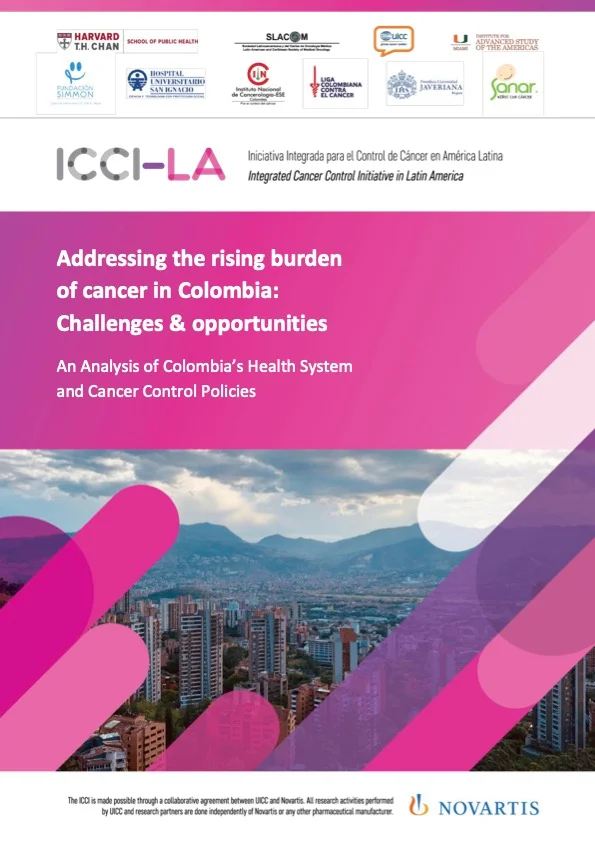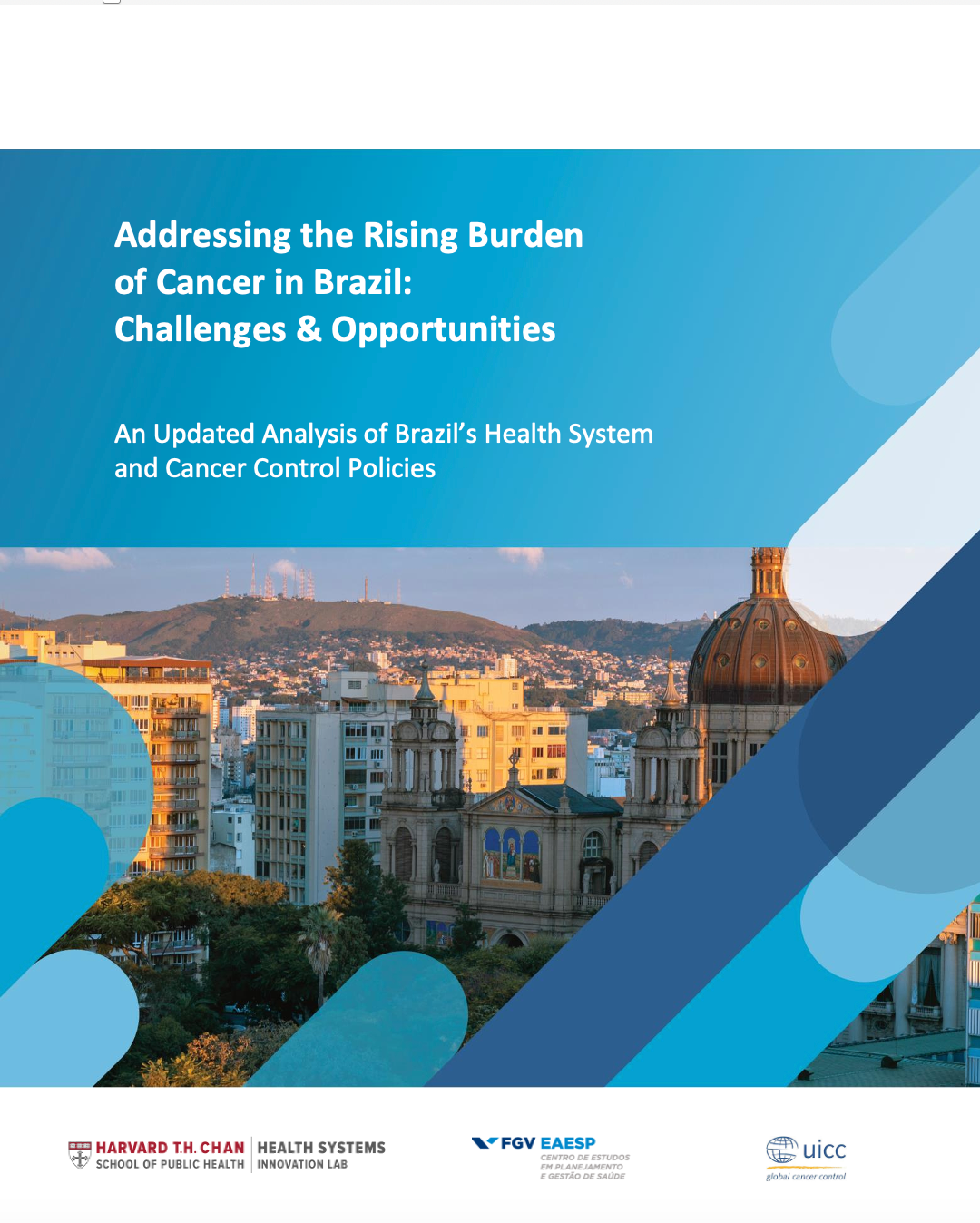Health Systems Innovation Lab
The Health Systems Innovation Lab is a global research and training lab that specializes in health system performance, health policy, and venture creation.
Follow
Location
677 Huntington Ave,
Boston, MA 02115
Building 1, 11th floor
Resources
See the Health Systems Innovation Lab’s latest research. View our rich collection of publications and find our reports, policy briefs, tools, and case studies below.
